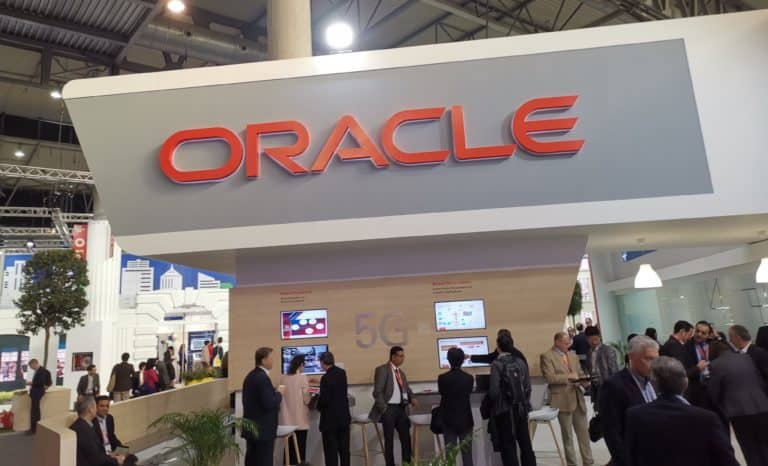Oracle has made its new Exadata Database Machine X8 widely available. The database server comes with a number of “unique machine learning capabilities” that help to improve performance and monitoring, writes Silicon Angle.
According to Juan Loaiza, executive vice president of Mission-Critical Database Technologies at Oracle, the new Exadata has been given a set of capabilities based on Artificial Intelligence (AI) and machine learning, to further extend its benefits.
This includes an Automatic Indexing function, which learns from customers’ user patterns. Based on this, it should better adjust the Oracle Database to ensure peak performance. The new feature means that it is no longer necessary for engineers to spend hours manually adjusting the database. In addition, new automated monitoring capabilities based on machine learning have been added. It detects performance-related problems and identifies their cause without the need for human intervention.
In addition, the Exadata X8 helps companies to reduce their costs. The device contains the latest Xeon processors from Intel and PCIe NVME storage. According to Oracle, the device itself contains 60 percent more cores to offload database processing and 40 percent more disk capacities to support massive data growth and database consolidation strategies. In addition, the company offers a comprehensive storage server at a lower price for data that is older, under-used or present for regulatory purposes.
Zero Data Loss Recovery Appliance X8
In addition to the Exadata X8, the company also announced the availability of its latest Zero Data Loss Recovery Appliance X8. This is a separate device that enterprises can use to protect themselves against data loss if problems arise.
The new device makes it possible to restore data ten times faster than conventional data deduplication devices, according to the company. In addition, it comes with 30 percent more storage capacity than the machines from previous generations.
This news article was automatically translated from Dutch to give Techzine.eu a head start. All news articles after September 1, 2019 are written in native English and NOT translated. All our background stories are written in native English as well. For more information read our launch article.